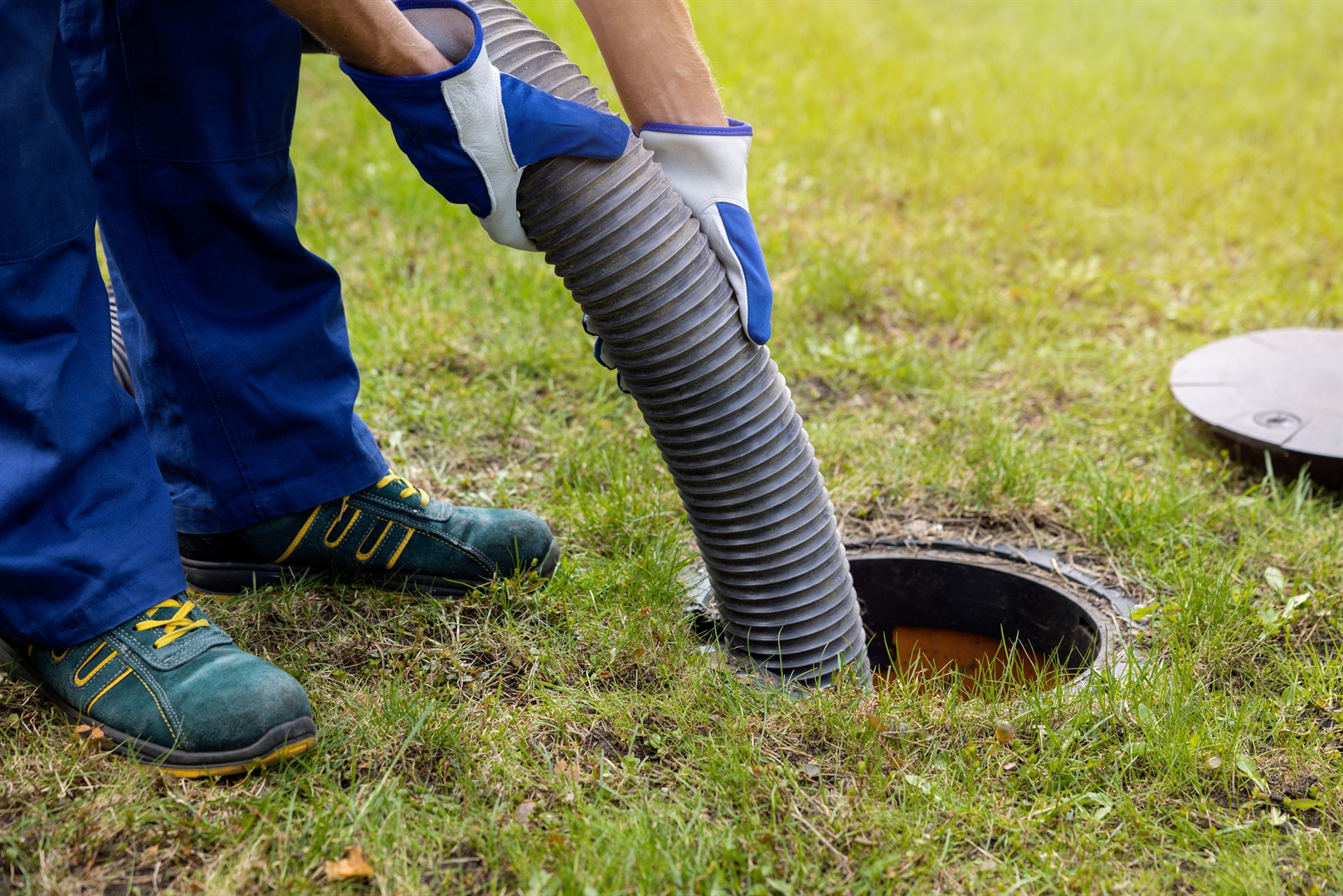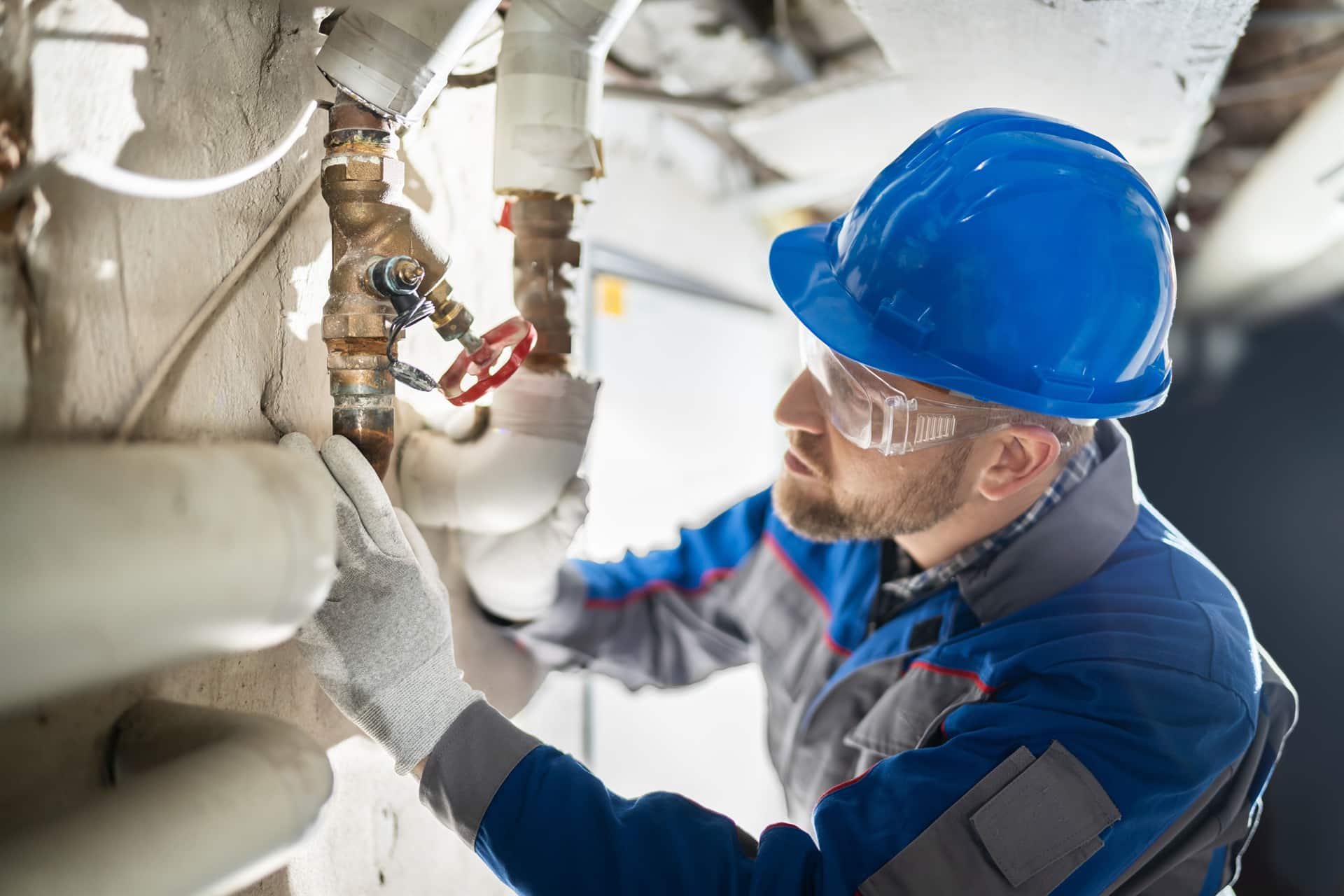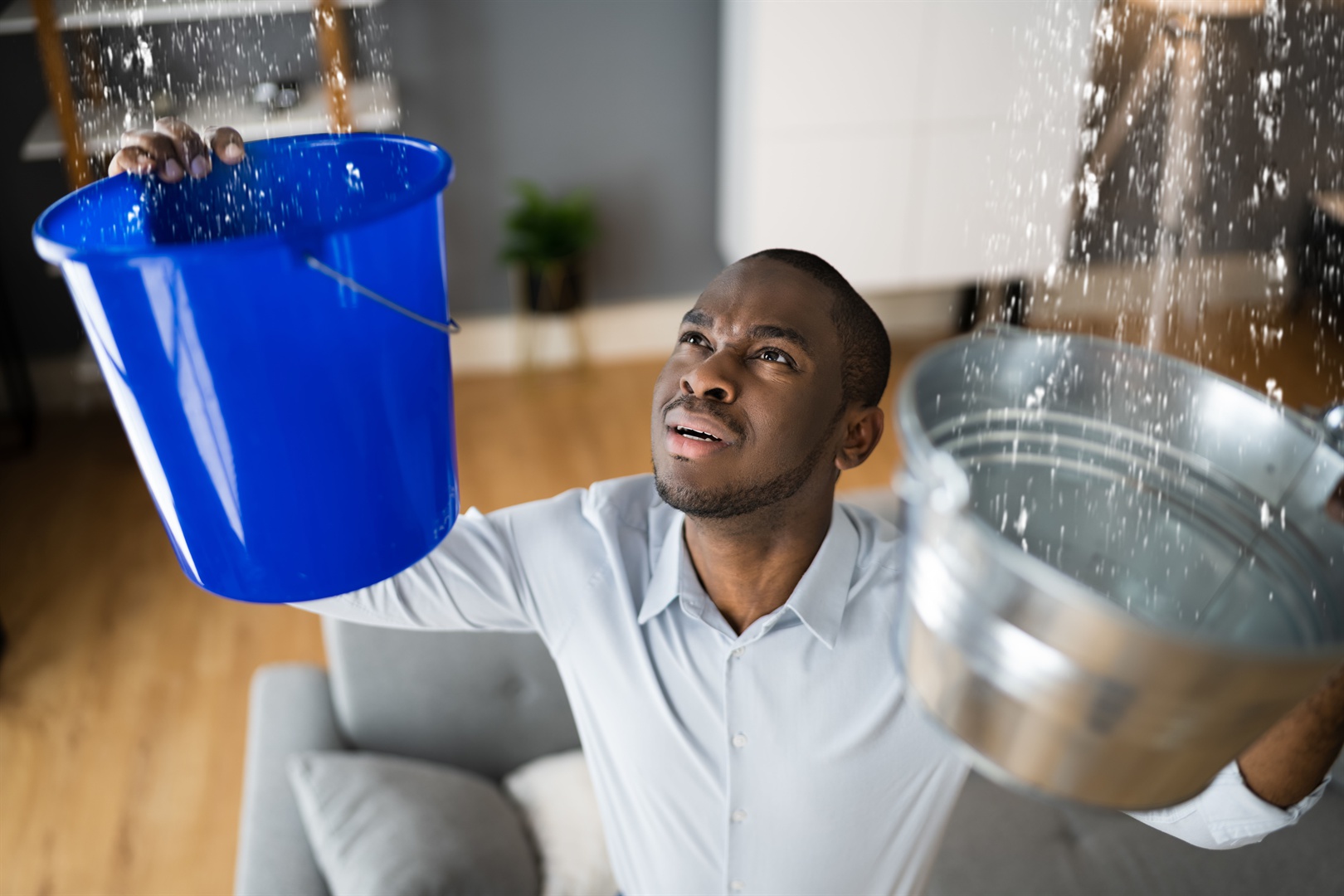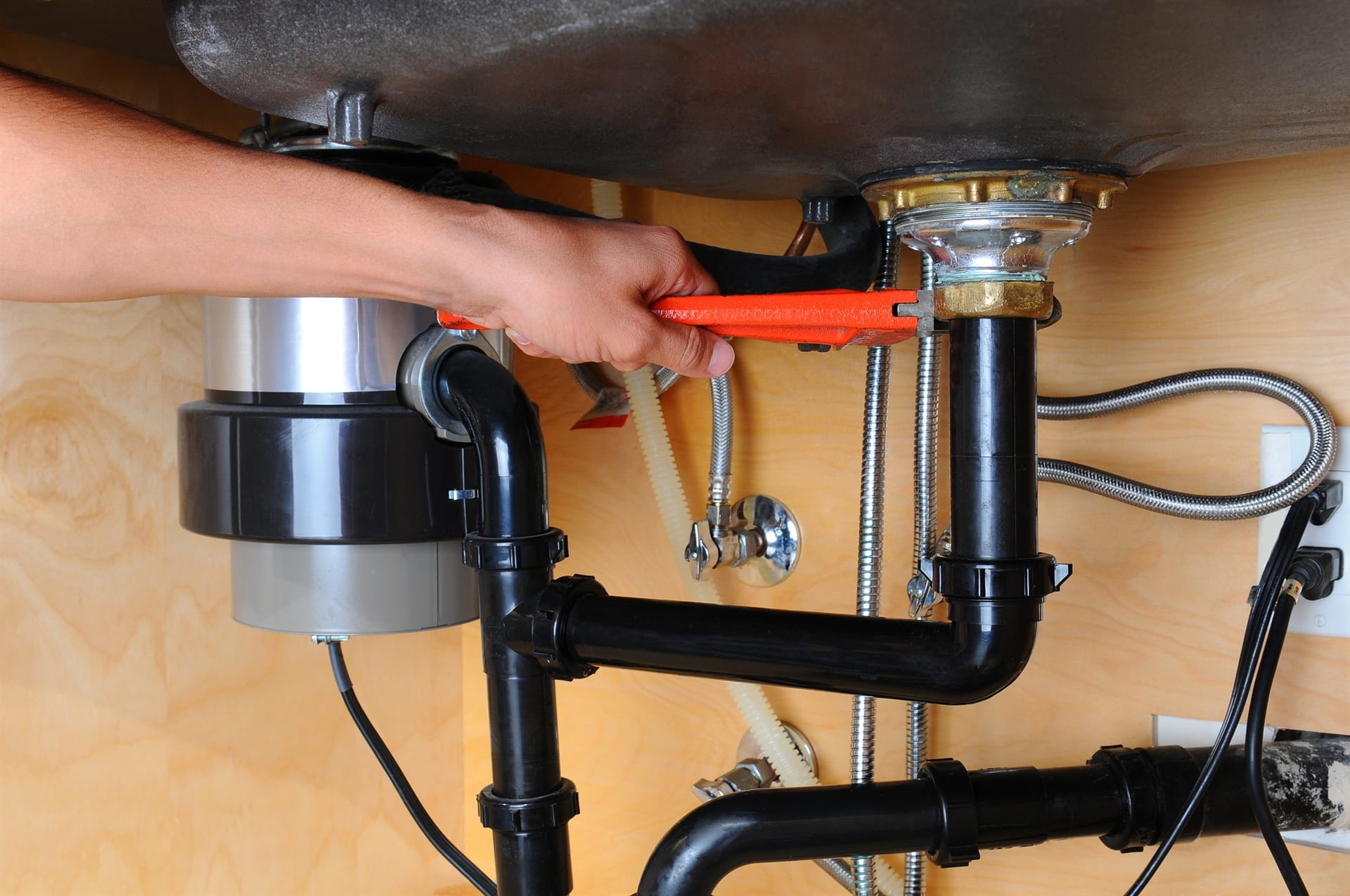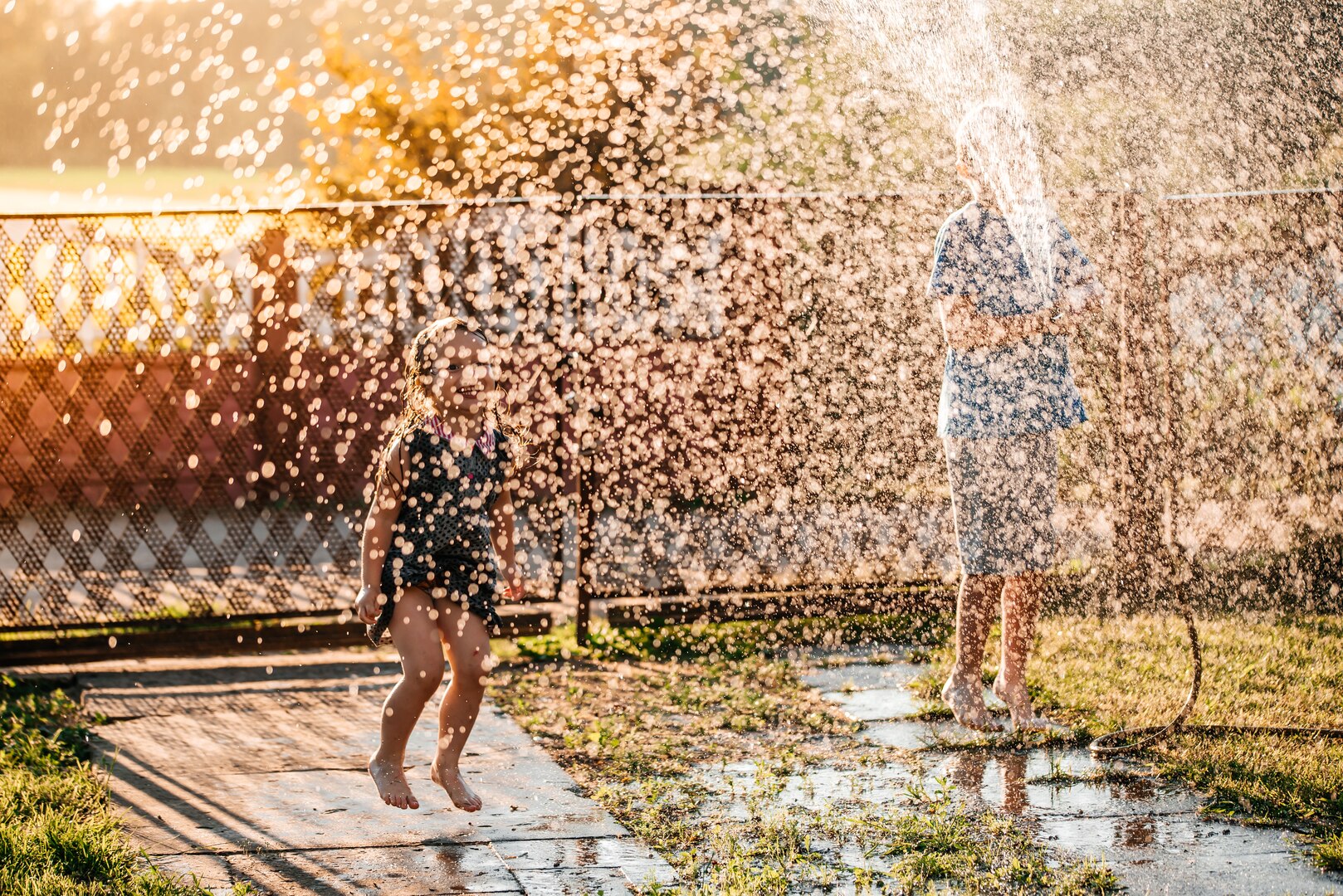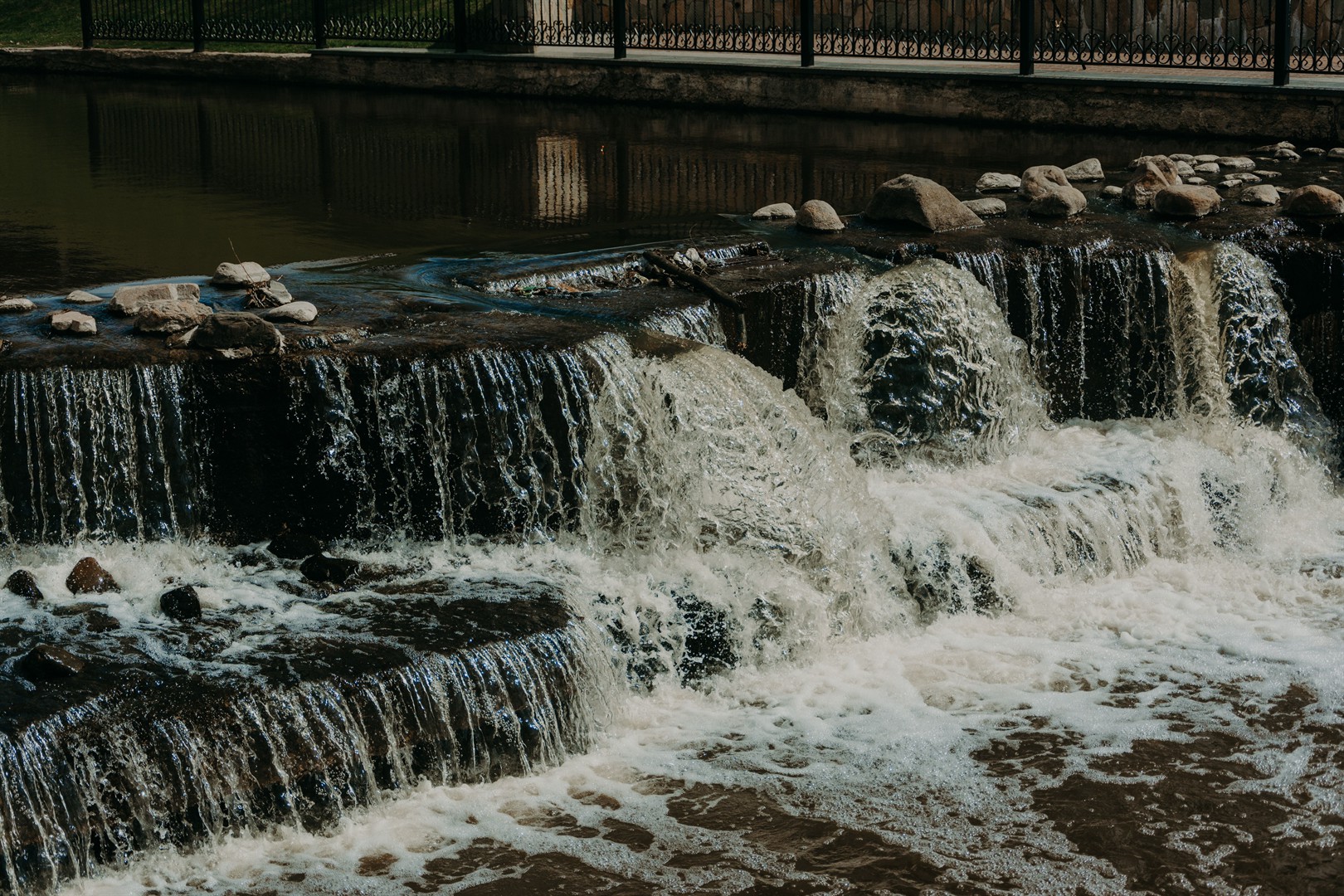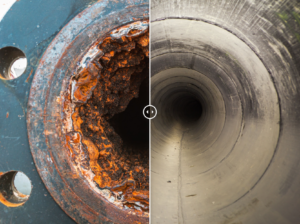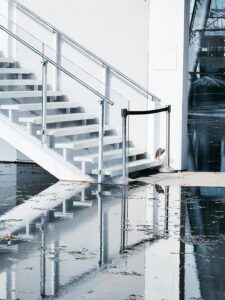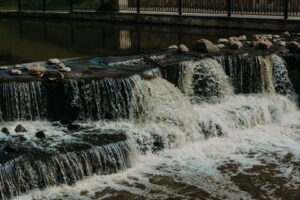Flooding can cause significant damage to homes and properties, and one of the most common issues that homeowners face during floods is plumbing problems. Clogged pipes, burst pipes, and other plumbing issues can be costly and time-consuming to fix, and they can cause long-term damage to your home’s plumbing system. In this comprehensive guide, we will provide you with a detailed overview of the steps you can take to prevent plumbing issues during flooding. We will cover everything from checking your home’s plumbing system before flooding occurs to what to do if you experience plumbing problems during a flood.
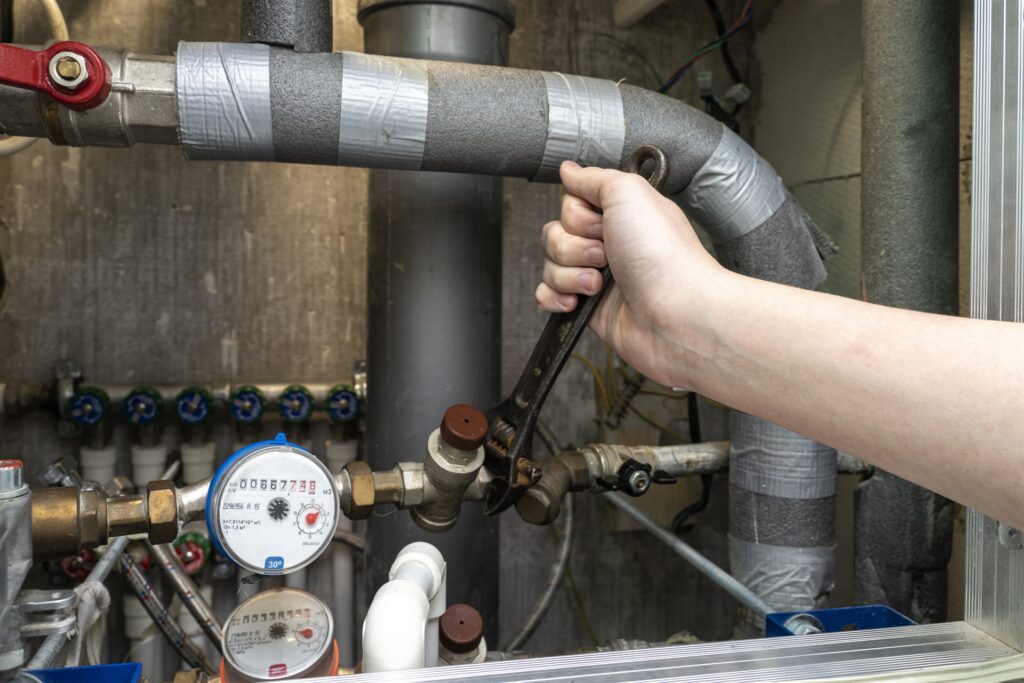
1. Checking Your Home's Plumbing System Before Flooding
Before a flood occurs, it is important to check your home’s plumbing system for any potential issues. One of the most common problems that homeowners face is leaks or cracks in their pipes. Even small leaks can cause significant damage over time, so it is important to address them as soon as possible. Check your pipes for any signs of damage, such as rust or discoloration, and call a plumber to fix any issues that you find.
Another important step in checking your home’s plumbing system is to ensure that all drains are clear of debris. Clogged drains can cause water to back up into your home, which can lead to significant damage to your plumbing system. You can prevent clogs by using drain cleaning solutions or manually cleaning your drains.
Example: Let’s say you live in an area that is prone to heavy rainfall, and you have noticed that your basement has a damp, musty smell. Upon inspection, you discover that there is a small leak in one of your pipes. You’d better call a plumber as soon as possible to fix it completely.
2. Turning Off Your Main Water Valve
One of the most important steps in preventing plumbing issues during flooding is to turn off your home’s main water valve. This will help prevent water from entering your home and causing damage to your plumbing system. It is also a good idea to turn off the power to your water heater and any other appliances that use water.
Example: Let’s say that you live in an area that is prone to hurricanes, and you have been advised to evacuate due to an incoming storm. Before leaving, you turn off your home’s main water valve and power to your water heater. When you return home after the storm, you find that your neighborhood has been flooded, but your home’s plumbing system has been protected from damage.
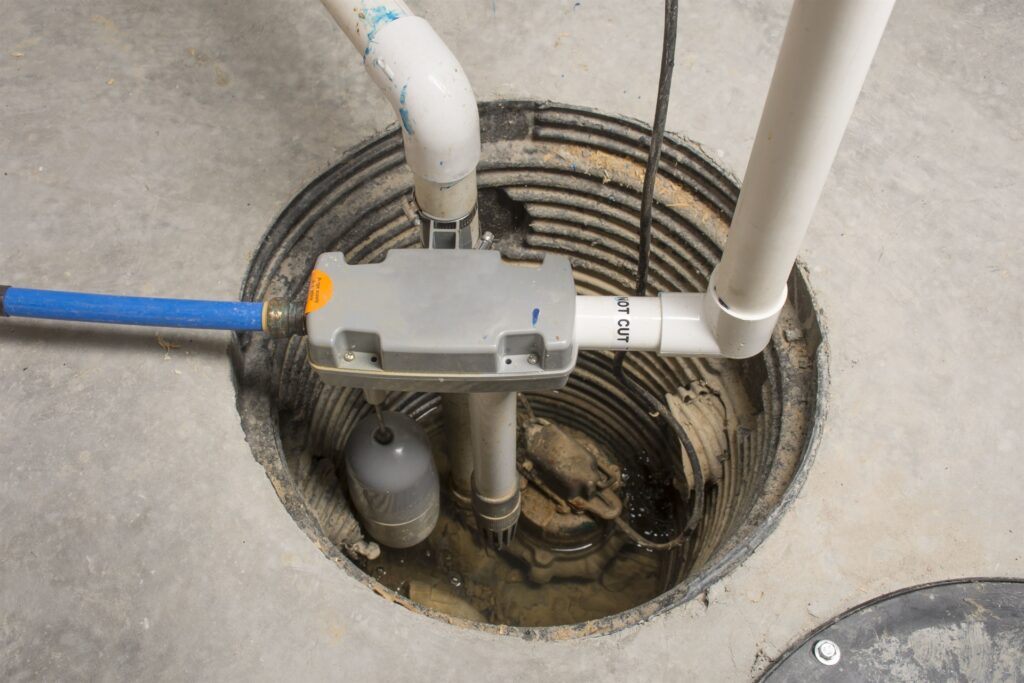
3. Installing a Sump Pump
If you live in an area that is prone to flooding, it is essential to have a sump pump installed in your home. A sump pump is a device that helps remove water from your home in the event of a flood. It works by pumping water out of your home and away from your foundation.
Example: Let’s say that you live in a low-lying area that is prone to flooding, and you have experienced several instances of water entering your basement during heavy rainfall. You call a plumber, who recommends installing a sump pump. After having a sump pump installed, you notice that your basement stays dry even during heavy rainstorms.
4. Preventing Clogged Pipes
Clogged pipes are a common plumbing issue that can occur during flooding. When water enters your home, it can bring with it debris and sediment that can clog your pipes. To prevent this from happening, it is important to ensure that all drains are clear of debris before flooding occurs. You can do this by using a drain cleaning solution or manually cleaning your drains.
Example: Let’s say that you live in an area that is prone to flash floods, and you have noticed that your bathtub drain is slow to empty. Upon inspection, you discover that there is a buildup of hair and soap scum in the drain. You use a drain cleaning solution to clear the blockage and make sure that all drains in your home are clear before the next flood occurs.
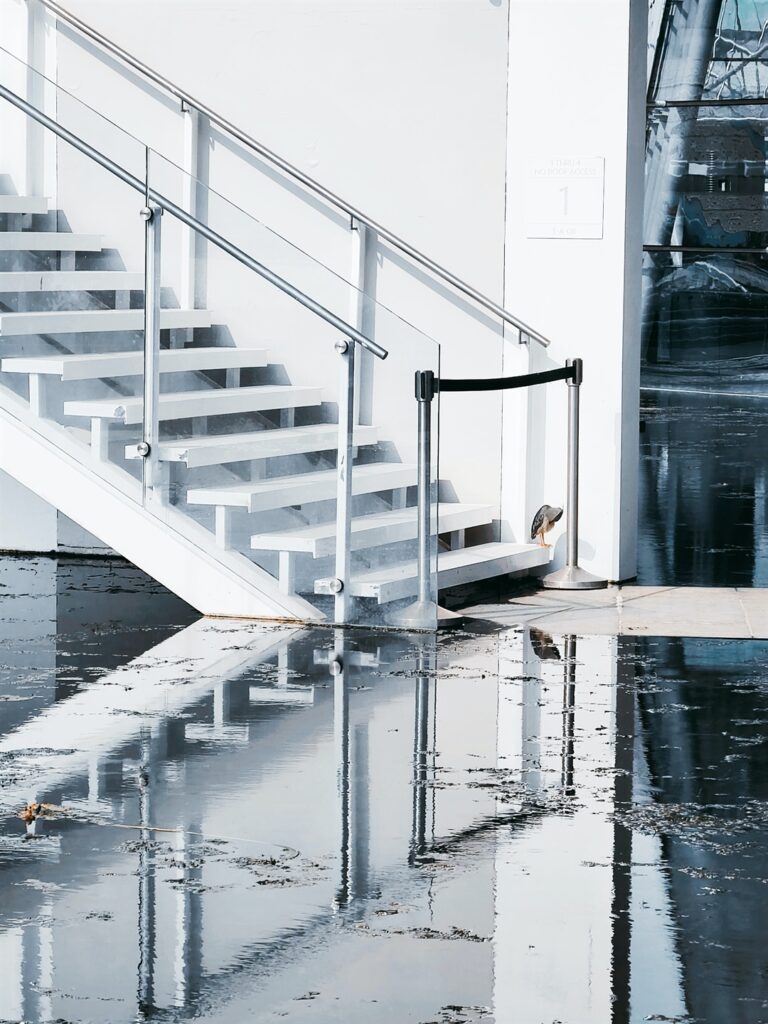
5. Protecting Your Plumbing Fixtures
During a flood, your plumbing fixtures can be damaged by debris and sediment carried by the water. To protect your fixtures, it is important to cover them with plastic or other protective materials. This will help prevent damage to your fixtures and make cleanup easier after the flood.
Example: Let’s say that you live in an area that is prone to river flooding, and you have experienced several instances of debris and sediment damaging your plumbing fixtures during floods. You purchase plastic covers for your fixtures and make sure that they are securely in place before the next flood. After the flood, you will find that your fixtures have been protected from damage and are easy to clean.
6. Preparing for the Aftermath
After a flood, it is important to take steps to prevent further damage to your home’s plumbing system. This includes thoroughly cleaning and disinfecting all affected areas and having a professional plumber inspect your system for any damage. It is also important to make sure that your sump pump is functioning properly and to replace any damaged or clogged pipes.
Example: Let’s say that your home has been flooded due to heavy rainfall, and your plumbing system has sustained significant damage. You call a professional plumber, who inspects your system and recommends replacing several damaged pipes. You also thoroughly clean and disinfect all affected areas, and make sure that your sump pump is functioning properly. After these steps are taken, you will have peace of mind knowing that your plumbing system is functioning properly and is protected from further damage.
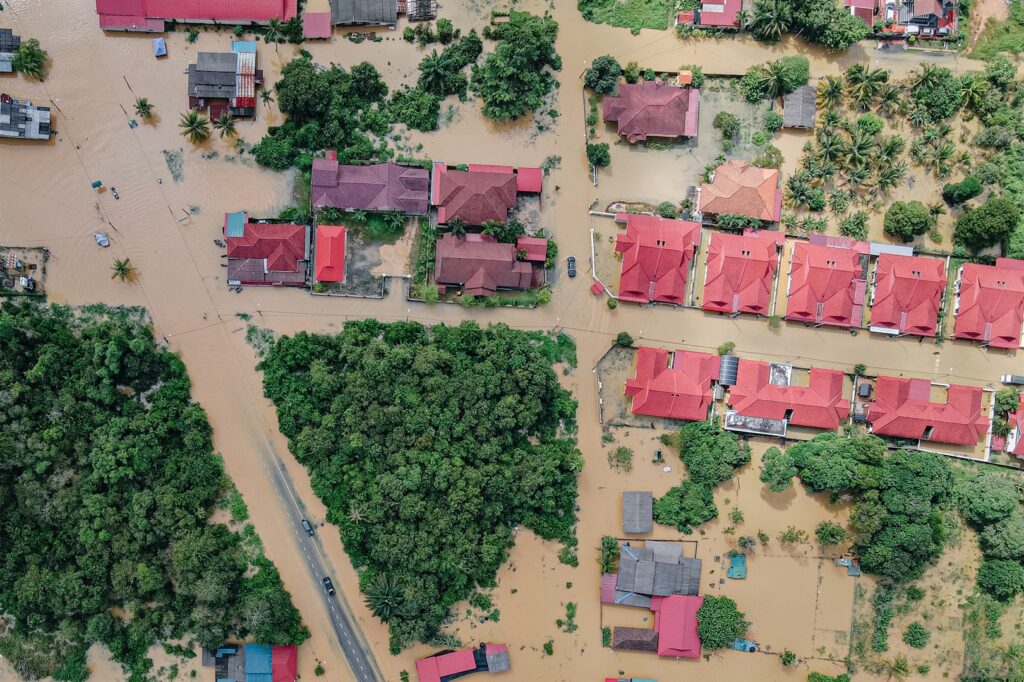
Conclusion
Preventing plumbing issues during flooding requires proactive measures before, during, and after a flood. Checking your home’s plumbing system before flooding occurs, turning off your main water valve, installing a sump pump, preventing clogged pipes, and protecting your plumbing fixtures are all important steps to take before a flood. After a flood, it is important to thoroughly clean and disinfect all affected areas and have a professional plumber inspect your system for any damage. By taking these steps, you can prevent costly and time-consuming plumbing issues and protect your home’s plumbing system during floods.



